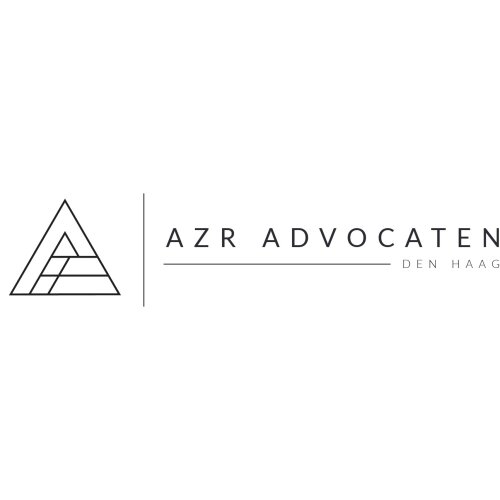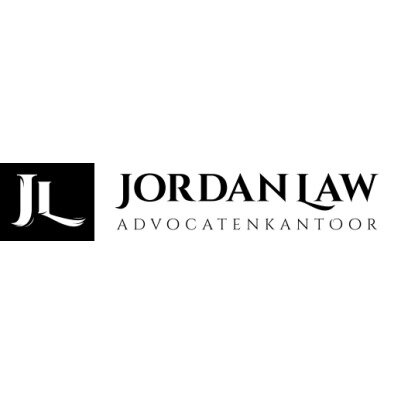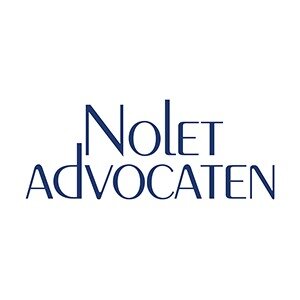Best Faith-Based Law Lawyers in The Hague
Share your needs with us, get contacted by law firms.
Free. Takes 2 min.
List of the best lawyers in The Hague, Netherlands
About Faith-Based Law in The Hague, Netherlands
Faith-Based Law in The Hague refers to the intersection of legal practices and laws with religious principles and communities. The Netherlands, known for its religious freedom and multicultural society, recognizes the need to address legal issues that arise from faith-based communities. In The Hague, which is home to various international institutions, faith-based law often involves matters related to family law, personal status, religious freedom, and community governance. The legal framework encourages harmony between secular and religious legal obligations, ensuring citizens can practice their faith while adhering to national laws.
Why You May Need a Lawyer
Individuals and communities may require legal assistance in faith-based law for various reasons. Common situations include marriage and divorce proceedings governed by religious laws, inheritance issues, setting up religious organizations or non-profits, disputes involving religious rights, and navigating employment law related to religious practices. Lawyers can provide invaluable assistance by ensuring compliance with both religious and Dutch civil law, offering mediation services, and protecting individual and community rights.
Local Laws Overview
The Netherlands has a robust legal framework that respects religious freedom while ensuring the rights of all its citizens. In The Hague, local laws ensure that religious practices do not infringe on public order, morality, or the rights of others. The Dutch Constitution guarantees freedom of religion, allowing communities to operate their religious courts for internal matters, provided decisions do not contradict public law. Legal practitioners in The Hague must navigate the intricacies of both national and local regulations, court systems, and the needs of diverse faith communities.
Frequently Asked Questions
What is faith-based law?
Faith-based law refers to legal practices and regulations that interact with or are influenced by religious principles. It often involves personal status laws, marriage, divorce, and inheritance issues.
Is faith-based adjudication legally recognized in The Hague?
Yes, religious organizations may conduct internal adjudications, but outcomes must align with Dutch law to be enforceable in civil courts.
Can I choose to follow only religious law in The Hague?
While you can follow religious law personally, the outcomes must comply with civil law for public matters and legal enforceability.
How do I register a religious non-profit organization?
Registering involves submitting the required documents to the Dutch Chamber of Commerce and ensuring compliance with both civil law and religious guidelines.
What should I do if my religious rights are breached?
Contact a lawyer specializing in faith-based law to explore legal options, including mediation and formal legal action.
How can faith-based laws affect my employment?
Laws protect individuals from religious discrimination at work, but practices need to align with company policies and Dutch labor laws.
Do faith-based laws have any influence on public holidays?
Public holidays in the Netherlands are secular, but employers may accommodate religious holidays as per internal policies and labor agreements.
Can faith-based decisions in family matters override civil law?
No, civil law prevails in family matters such as marriage or divorce to ensure equal rights and protection under national law.
How does inheritance work under faith-based law?
While religious guidelines can influence individual preferences, Dutch inheritance law ultimately governs legal distribution unless exceptions are legally established.
Are multi-faith partnerships legally recognized?
Yes, multi-faith partnerships are legally recognized, but any agreements should comply with civil law regarding marriage, divorce, and children.
Additional Resources
If you require more information or assistance, consider contacting the following:
- Local law firms specializing in faith-based law
- Religious organizations offering legal guidance
- The Dutch Chamber of Commerce for non-profit registration
- The Equal Treatment Commission for discrimination issues
- National and local government offices for public law queries
Next Steps
If you need legal assistance in Faith-Based Law, consider reaching out to a specialized lawyer who understands both secular and religious aspects. Schedule a consultation to discuss your specific situation, gather relevant documents, and prepare for legal proceedings. Additionally, engage with community leaders for possible mediation or support tailored to your faith and legal needs.
Lawzana helps you find the best lawyers and law firms in The Hague through a curated and pre-screened list of qualified legal professionals. Our platform offers rankings and detailed profiles of attorneys and law firms, allowing you to compare based on practice areas, including Faith-Based Law, experience, and client feedback.
Each profile includes a description of the firm's areas of practice, client reviews, team members and partners, year of establishment, spoken languages, office locations, contact information, social media presence, and any published articles or resources. Most firms on our platform speak English and are experienced in both local and international legal matters.
Get a quote from top-rated law firms in The Hague, Netherlands — quickly, securely, and without unnecessary hassle.
Disclaimer:
The information provided on this page is for general informational purposes only and does not constitute legal advice. While we strive to ensure the accuracy and relevance of the content, legal information may change over time, and interpretations of the law can vary. You should always consult with a qualified legal professional for advice specific to your situation.
We disclaim all liability for actions taken or not taken based on the content of this page. If you believe any information is incorrect or outdated, please contact us, and we will review and update it where appropriate.










